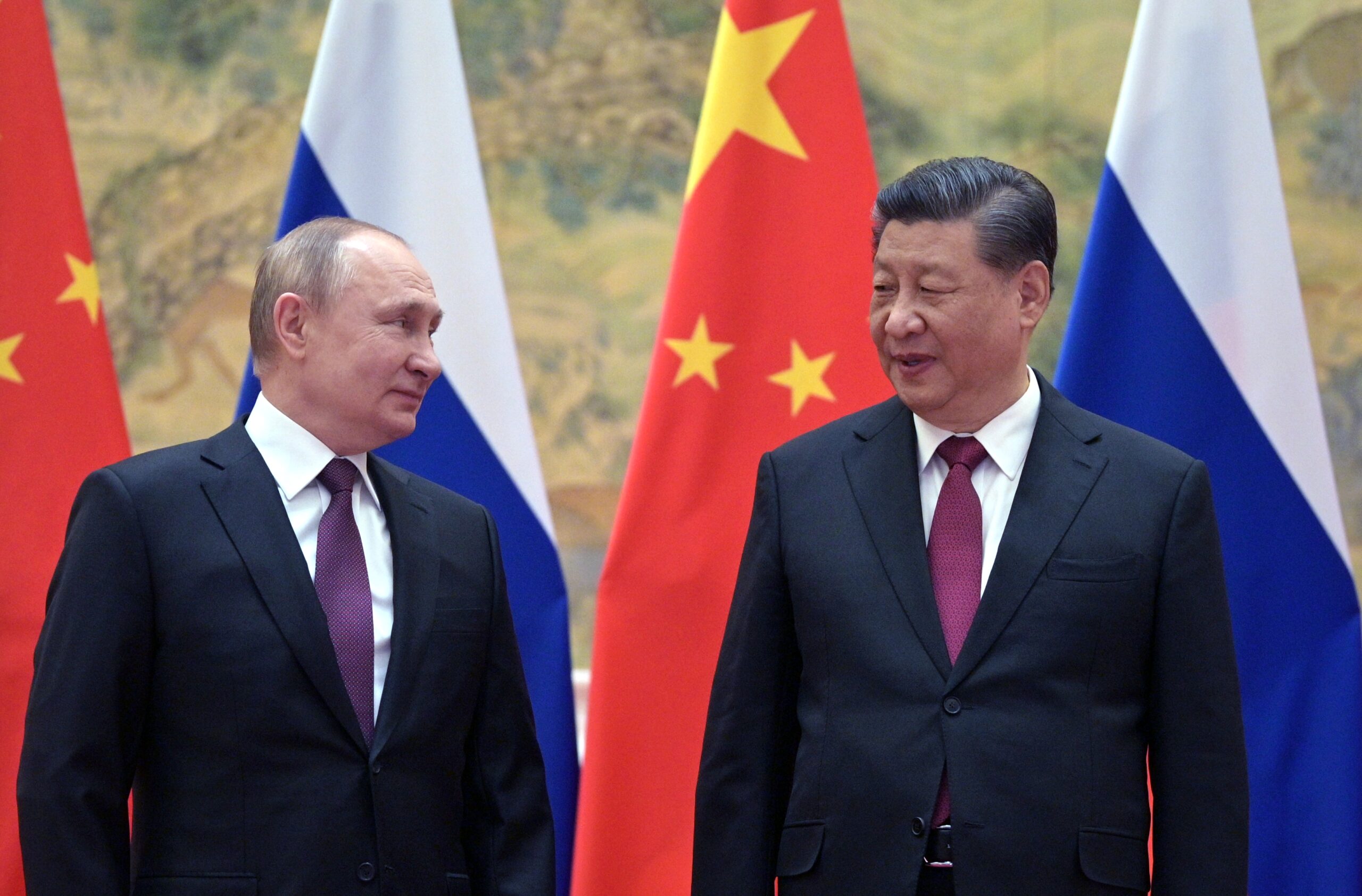Will American sanctions bring down trade between China and Russia?

In March, China's exports to Russia decreased by 16 percent compared to the same month in 2023: this is due to secondary sanctions from the United States, which affect all banks that manage transactions with Russian entities already subject to restrictions
In March, there was a drop in Chinese exports to Russia: a significant figure, given that this is the first decrease on an annual basis since mid-2022, i.e. shortly after the start of the invasion of Ukraine which compromised relations – both political and commercial – of Moscow with the West. Behind the contraction in exports there appears to be China's desire not to conflict with the secondary sanctions imposed by the United States last December, which affect banks in third countries that manage transactions with the sanctioned Russian entities.
PUTIN WILL GO TO CHINA
Next month, Russian President Vladimir Putin will visit China and – according to Bloomberg sources – could raise the issue of trade flows with his counterpart Xi Jinping. According to the agency, Moscow however considers the slowdown in Chinese exports to be temporary.
THE IMPACT OF SECONDARY SANCTIONS ON RUSSIAN TRADE
In March, China's exports to Russia fell by almost 16 percent compared to the same month in 2023. Last year bilateral trade reached a record figure of 240 billion, thanks – on the one hand – to Chinese oil imports Russian and – on the other – to Russian purchases of Chinese cars, industrial machinery and electronic components.
Now, however, Moscow is in difficulty with the payments – they require more time and more intermediation – due to the American secondary sanctions, which have a very wide scope. Even trade with Turkey, another country that has so far been fundamental to Russia's economic sustenance, is in fact being affected by the new restrictions. Overall, Russian imports fell by 18 percent year-on-year in March.
THE UNITED STATES IS PUTTING PRESSURE ON CHINA
Despite the "limitless" friendship that binds Russia and China, and which has allowed the former to rely on the latter to mitigate the impact of the international sanctions imposed after the invasion of Ukraine, the March data could represent – but it is too early to be certain – the beginning of a change in Sino-Russian trade relations.
In the recent phone call with Xi, US President Joe Biden raised the issue of Chinese support for the "Russian defense industrial base". Last week, Treasury Secretary Janet Yellen was in China and spoke of "significant consequences" for Chinese banks and exporters "exposing themselves to the risk of US sanctions."
SANCTIONS AFFECT CHINESE BANKS
The secondary sanctions apply to banks that facilitate (even unintentionally) transactions with Russian entities relating to a series of products potentially applicable in the military field, from semiconductors to ball bearings. To avoid penalties, Chinese state banks tightened restrictions on lending to Russian clients in January. In March, Chinese banks began blocking payments from Russian companies purchasing electronic components.
PROBLEMS ALSO IN OIL
Secondary sanctions are also complicating Russian oil exports. The Reuters agency, in fact, has discovered that oil companies in Russia have to wait several months before receiving payments for supplies of crude oil to China, Turkey and the United Arab Emirates: the times have lengthened because the controls on transactions have increased.
Trading Russian oil does not constitute a violation of Western sanctions on Russia, as long as that oil is not sold at a price higher than the price cap of $60 per barrel. In 2023, Russia overtook Saudi Arabia as China's largest crude oil supplier.
The issue of the slowdown in payments was also raised by the Kremlin spokesman, Dmitry Peskov, who spoke of "unprecedented pressure from the United States and the European Union on the People's Republic of China" which is creating "some problems, but cannot become an obstacle to the further development of our trade and economic relations” with Beijing.
This is a machine translation from Italian language of a post published on Start Magazine at the URL https://www.startmag.it/mondo/rallentamento-esportazioni-cina-russia/ on Sat, 20 Apr 2024 05:08:40 +0000.
